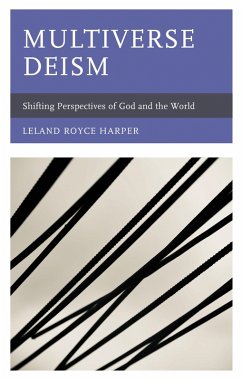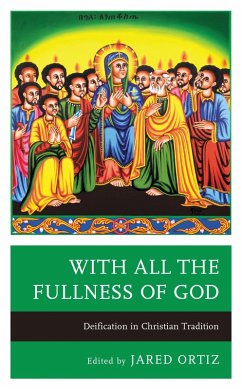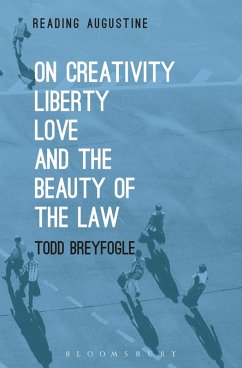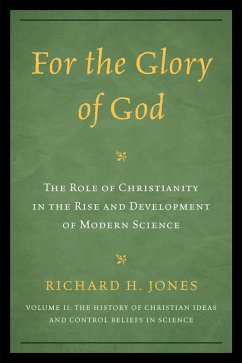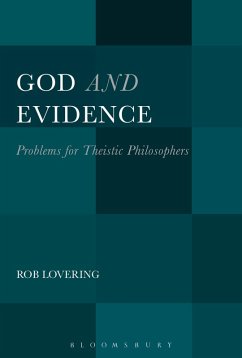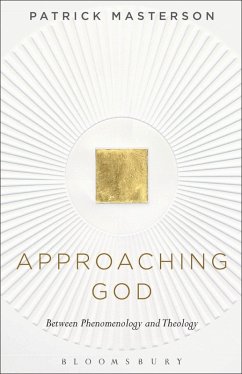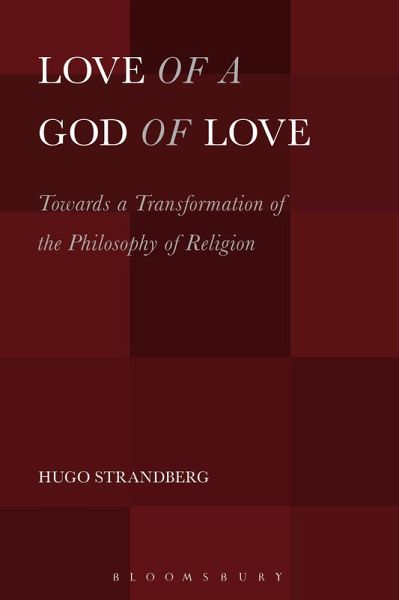
Love of a God of Love (eBook, ePUB)
Towards a Transformation of the Philosophy of Religion
Versandkostenfrei!
Sofort per Download lieferbar
36,95 €
inkl. MwSt.
Weitere Ausgaben:

PAYBACK Punkte
18 °P sammeln!
Traditionally, religious belief has in the philosophy of religion been understood along more or less epistemological lines. Love of a God of Love develops another understanding of belief, where the moral concept of love is central. In this context, what is distinctive about the concept of love is that it is both the "what" and the "how" of belief: for the one who loves a God of love, the concept of love characterizes both the content side and the act side of the belief. In that respect, this understanding of religious belief makes it possible to avoid certain formalist difficulties, arising wh...
Traditionally, religious belief has in the philosophy of religion been understood along more or less epistemological lines. Love of a God of Love develops another understanding of belief, where the moral concept of love is central. In this context, what is distinctive about the concept of love is that it is both the "what" and the "how" of belief: for the one who loves a God of love, the concept of love characterizes both the content side and the act side of the belief. In that respect, this understanding of religious belief makes it possible to avoid certain formalist difficulties, arising when the "what" and the "how" of belief are sharply distinguished.





